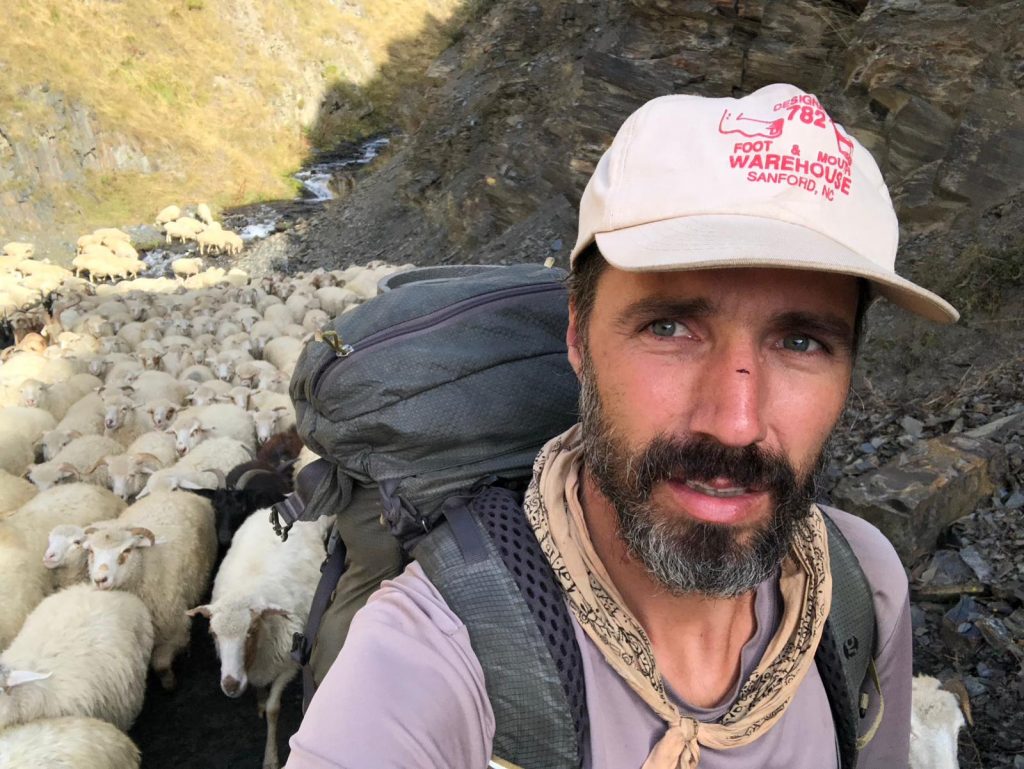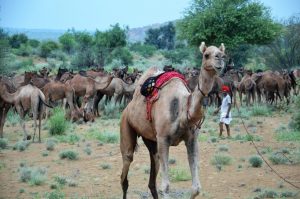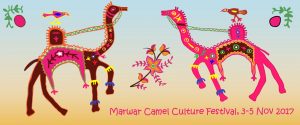 |
On this year’s Human Rights Day, 10th December, representatives of herding communities from all over India rallied in Delhi to draw attention to their plight and discuss strategies for reviving their customary grazing rights. For hundreds of years these mobile livestock keepers have held together rural life by providing draught animals, milk, meat, wool, manure, and general ecosystem services.
But in the last several decades these diverse and colourful people that include the Raika and Gujjar of Rajasthan, the Maldhari of Gujarat, the Gaddi in Himachal, Bakkarwal in Kashmir, Van Gujjar in Uttaranchal, Changpa in Ladakh, Golla in Orissa, Kuruba in Karnataka, Toda and Konar in Tamil Nadu, and many more, have felt the squeeze of “development” and of generally unsympathetic government policies. The establishment of wildlife sanctuaries and national parks, joint-forest management schemes, allotment of common land for commercial plantation or bio-diesel cultivation, expansion of irrigation agriculture are all developments that have constricted their customary grazing areas. Click here for more. |
Archive for 2006
 |
LPPS has launched a project to promote camels as a source of income in Rajasthan’s deserts. The project will:
LPPS has opened an office in Jaisalmer to manage this project. Contact: Hanwant Singh Rathore Reviving Rajasthan’s Camel Husbandry is a project of Lokhit Pashu-Palak Sansthan, conducted in cooperation with the League for Pastoral Peoples and Endogenous Livestock Development in the context of the LIFE Network and supported by the Ford Foundation. |
 |
India marks its independence on 15 August – an ideal occasion to press for the rights of pastoralists to their traditional grazing rights in the country’s forests. A ban on traditional grazing in forests threatens the pastoralists’ livelihoods. Many are forced to give up keeping animals, in turn threatening the survival of many unique livestock breeds. India’s forests must be conserved. But so too must the livelihoods and rights of the people who depend on them. Please print out one of these letters, sign it, and mail or fax it to the addresses below.
Addresses
|
 |
Documentation of animal genetic resources: the LIFE methodIlse Köhler-Rollefson and Hanwant Singh Rathore LEISA Magazine, March 2006 Describes the LIFE approach to documenting livestock keepers’ knowledge about their breeds.
|
 |
Asia-level workshop hosted by Lokhit Pashu-Palak Sansthan, 12-16 October 2003 This workshop introduced the “LIFE Method” of documenting breeds, exposed livestock and animal breeding professionals to field situations and familiarized them with the perspective of livestock breeding communities, provided background information on evolving issues within the sector (such as the upcoming negotiations for an International Treaty on Farm Animal Genetic Resources), and projected the status of selected Indian livestock breeds. Recommendations to promote the sustainable use of farm animal genetic resources in Asia covered four issues:
|

 213 kb
213 kb 131 kb
131 kb Workshop report
Workshop report


